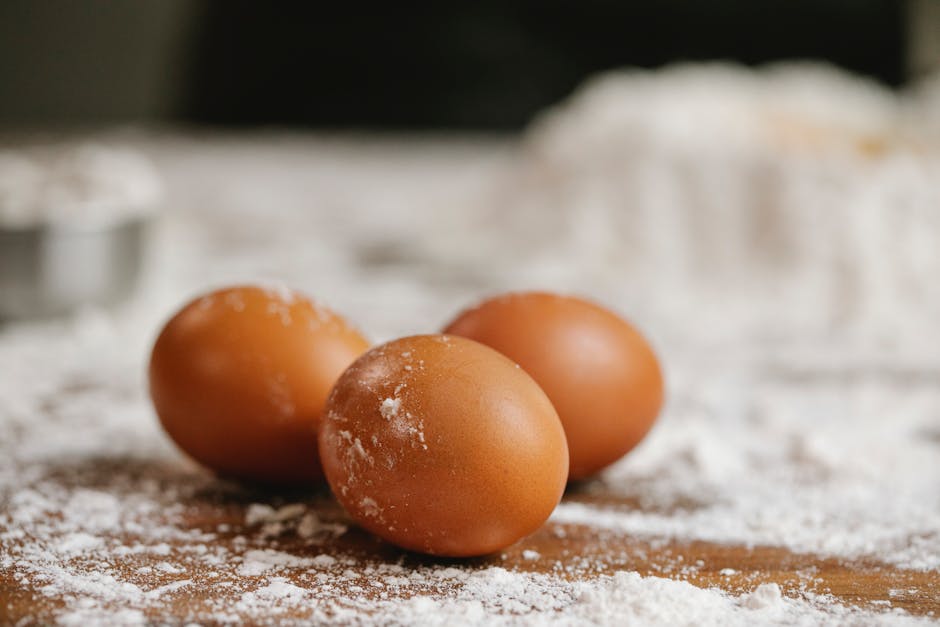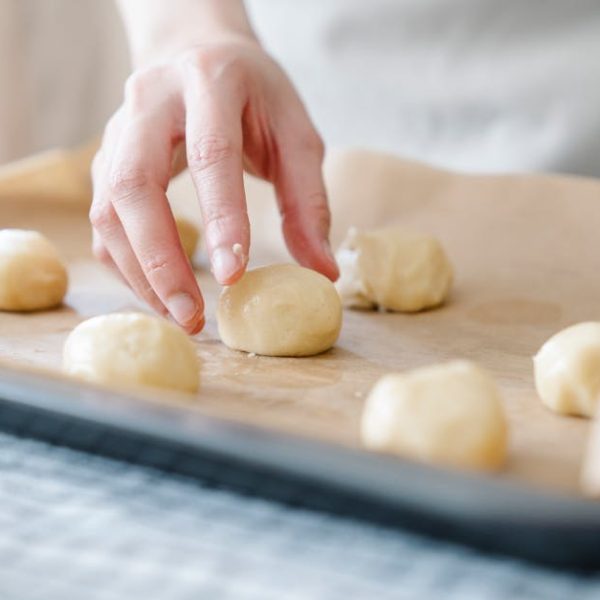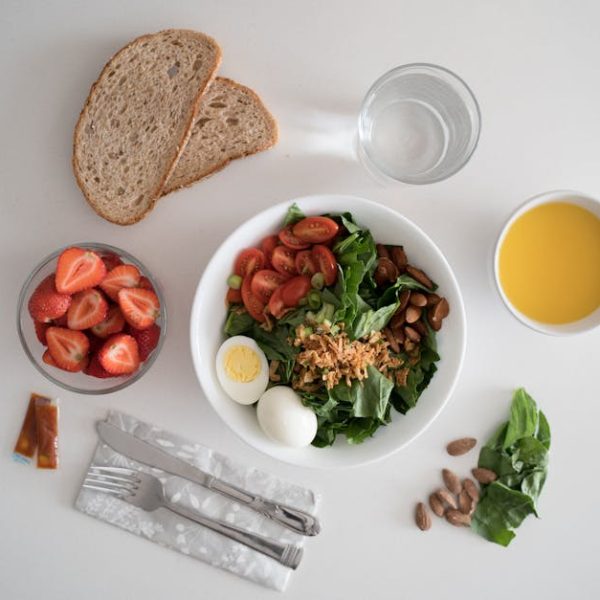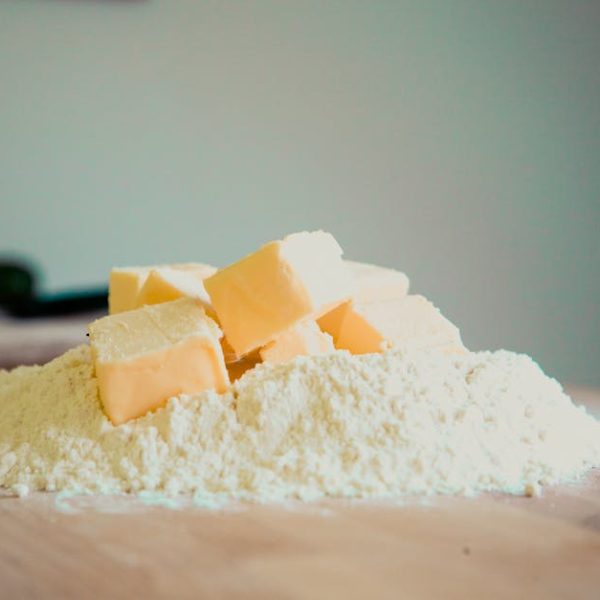An age-old question amongst kitchen connoisseurs and everyday dish-doers alike: Can you freeze eggs? Quite simply, the answer is yes. However, the process involves a little more than just popping the carton into the freezer. By using expert tips and guidelines, you can preserve the freshness of your eggs, making them last longer and significantly reducing waste. This article provides a comprehensive guide on freezing eggs. We’ll explore the benefits, impacts on quality, proper freezing methods, what to avoid, and how to use those frozen orbs of goodness effectively.
The Benefits and Practicality of Freezing Eggs
Freezing eggs offers three primary advantages: extended shelf life and freshness, convenience, and cost-effectiveness. With an adequate freezing process, you can maintain the freshness of your eggs for up to a year, compared to the standard few weeks in the refrigerator. This is particularly useful if you buy eggs in bulk, thus reducing waste and providing a timely way to handle surplus. Freezing eggs also provides convenience when cooking or baking, as you’ll always have a supply on hand.
Some practical benefits and considerations:
- Longer lifespan: No more tossing out eggs that have been in the fridge too long.
- Convenience: Having a supply of eggs ready for use at any time.
- Cost-effective: Bulk purchasing becomes an option, meaning potential savings.
- Waste prevention: Say farewell to throwing out unused or expired eggs.
Best Practices: Keep in mind it’s crucial to handle eggs correctly before freezing. Ensure they’re fresh and haven’t been left out at room temperature for too long. Also, watch out for cracked shells, as bacteria can easily enter through openings, compromising the egg’s safety and quality.
Understanding How Freezing Affects Egg Quality
Preserving eggs through freezing doesn’t come without some changes to the egg’s quality. The most notable effects are texture alterations, with both the yolk and whites undergoing minor changes when frozen and thawed. Color and nutritional value may also be slightly affected.
Some useful pointers:
- Freezing solidifies egg components, which may slightly change the texture upon thawing.
- Select eggs with a high freshness level to mitigate texture and color changes.
Pros and Cons: The primary benefits of freezing eggs are longer shelf life and convenience, although texture changes might be noticeable, especially in uses where the egg’s structure is central to the dish’s success.
Tips: Always select fresh eggs to freeze. Older eggs have a higher pH level, making them less suitable for freezing. Also, avoid freezing eggs with cracked shells, as bacteria can infest and compromise egg quality.
Content continuation planned for next response.
Proper Methods to Freeze Whole and Separated Eggs
Freezing eggs correctly is a straightforward process. For whole eggs, the primary step is to crack the eggs into a suitable container, beat them lightly to mix the yolk and whites, then seal and place them in the freezer. For separated eggs, the yolks need to be lightly beaten, with some sugar or salt added to hinder gelation, while egg whites can be poured directly into a freezer-safe container.
Freezing Checklist:
- Select fresh eggs
- Crack the eggs into a suitable container
- For whole eggs, lightly beat the mixture to combine the yolk and whites
- For yolks, add a pinch of sugar or salt and lightly beat
- Freeze egg whites directly without any additives
- Securely seal containers and label with the date
Comparison: When comparing freezing methods, each has its merits and drawbacks. Whole eggs give convenience in recipes requiring both parts, but beating them requires one more step than freezing separated eggs. Separated eggs, meanwhile, allow for use in specific recipes, but yolks and whites have different freezing needs.
Common Mistakes to Avoid When Freezing Eggs
Freezing eggs isn’t hard, but a couple of common mistakes can lead to unfortunate results. Two of the main errors are freezing eggs in their shells, which can lead to shells cracking from expansion, and not beating whole eggs before freezing them, which can result in uneven texture.
Common Mistakes:
- Freezing eggs in their shells: As the egg expands, the shell may break, exposing the egg to bacteria.
- Not beating whole eggs before freezing: This can lead to a gelatinous yolk surrounded by watery whites when thawed.
Pro-Tip: To avoid these mistakes, always remove your eggs from their shells before freezing and beat whole eggs lightly to mix the yolk and whites.
Using and Thawing Frozen Eggs Effectively
To use your frozen eggs, first, you’ll need to thaw them. The best way to do this is by moving them into the refrigerator for a slow, gradual thaw. If you’ve separated your eggs before freezing, you may need to make some recipe adjustments due to texture changes.
Tips:
- Allow frozen eggs to thaw gradually in the refrigerator over 24 hours.
- If the recipe calls for large eggs, use 3 tablespoons of the egg mixture as a substitute.
Best Practices: It’s crucial to use your eggs while they’re fresh—even frozen. Label containers with freezing dates so you’ll know when your eggs are at their best. And remember, if a thawed egg smells or looks off, don’t risk it—discard it.
The knowledge of freezing eggs not only guarantees you a constant supply but also aids in reducing wastage. Armed with these expert tips, you’re well on your way to becoming a master of egg preservation!
Key Takeaway:
- Freezing eggs can ensure their freshness and availability for up to a year, making it a cost-effective and environmentally friendly practice.
- Proper freezing methods involve beating whole eggs lightly before freezing, adding a bit of sugar or salt to egg yolks, and avoiding freezing eggs within their shells.
- Texture and taste variations can happen when freezing and thawing eggs. Choosing fresh eggs helps to mitigate these changes.
- Thawing eggs properly in the refrigerator and making necessary recipe adjustments are essential for a successful cooking experience using frozen eggs.
Remember, freezing eggs does not have to be complicated; with a little practice, this method can offer substantial benefits! Being mindful about optimal freshness and safety can help you make the most out of this process. So, get cracking, and find joy and practicality in preserving and using frozen eggs!
FAQs
Q: How long can I use frozen eggs after they have been thawed?
A: Once eggs have been thawed, they should be used within one week for best results.
Q: Can I re-freeze eggs that have thawed?
A: It is generally not recommended to re-freeze thawed eggs because the texture and taste might become compromised.
Q: Does freezing eggs kill salmonella bacteria?
A: Freezing doesn’t guarantee the elimination of salmonella or other bacteria. Always ensure your eggs are fresh and handled properly before freezing.
Q: Can I use frozen eggs for all types of cooking and baking?
A: Yes, you can use thawed frozen eggs for various types of cooking and baking, but changes in texture might affect certain recipes, particularly those where the egg’s structure is crucial.
Q: What is the best type of container to use when freezing eggs?
A: Use airtight, freezer-safe containers. Ice cube trays can be handy for separate egg yolks or whites. Ensure the containers are properly sealed and labeled.
Remember to share this article with loved ones and continue exploring our site for more insightful posts!






